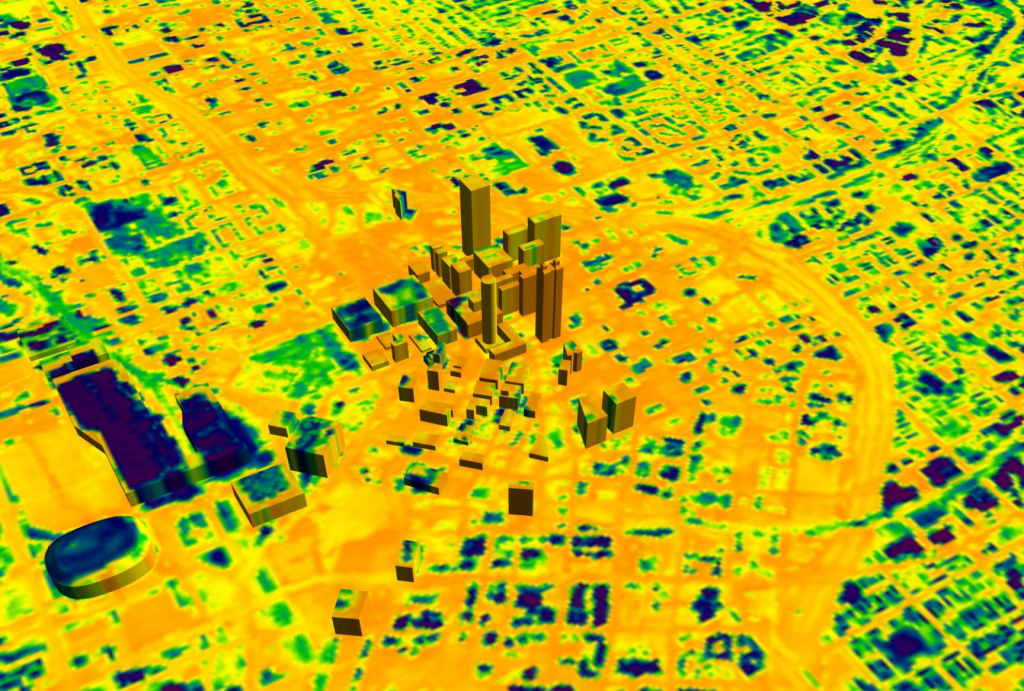Earlier this week, Scientific American published a story that highlights the Southeast’s outsized vulnerability to climate change, according to a new index created by the Environmental Defense Fund and Texas A&M University that analyzes climate impacts and neighborhood conditions such as poverty and health. It’s not necessarily that the climate changes are going to be worse here here but that sociologically many Southeastern communities are more vulnerable to these changes. While rural communities may suffer, industrialized areas are expected to be especially hard hit because they already have health and pollution concerns along with pockets of racial inequality. That makes it more difficult for those communities to respond to the extra stresses and risks of climate variability such as heat waves, stagnant air making pollution episodes more extreme, and more extremes in the water cycle. We have been discussing this in our work on the 5th National Climate Assessment chapter on the Southeast this week, so it is nice to see that other people have also noticed the Southeast’s special vulnerability.
